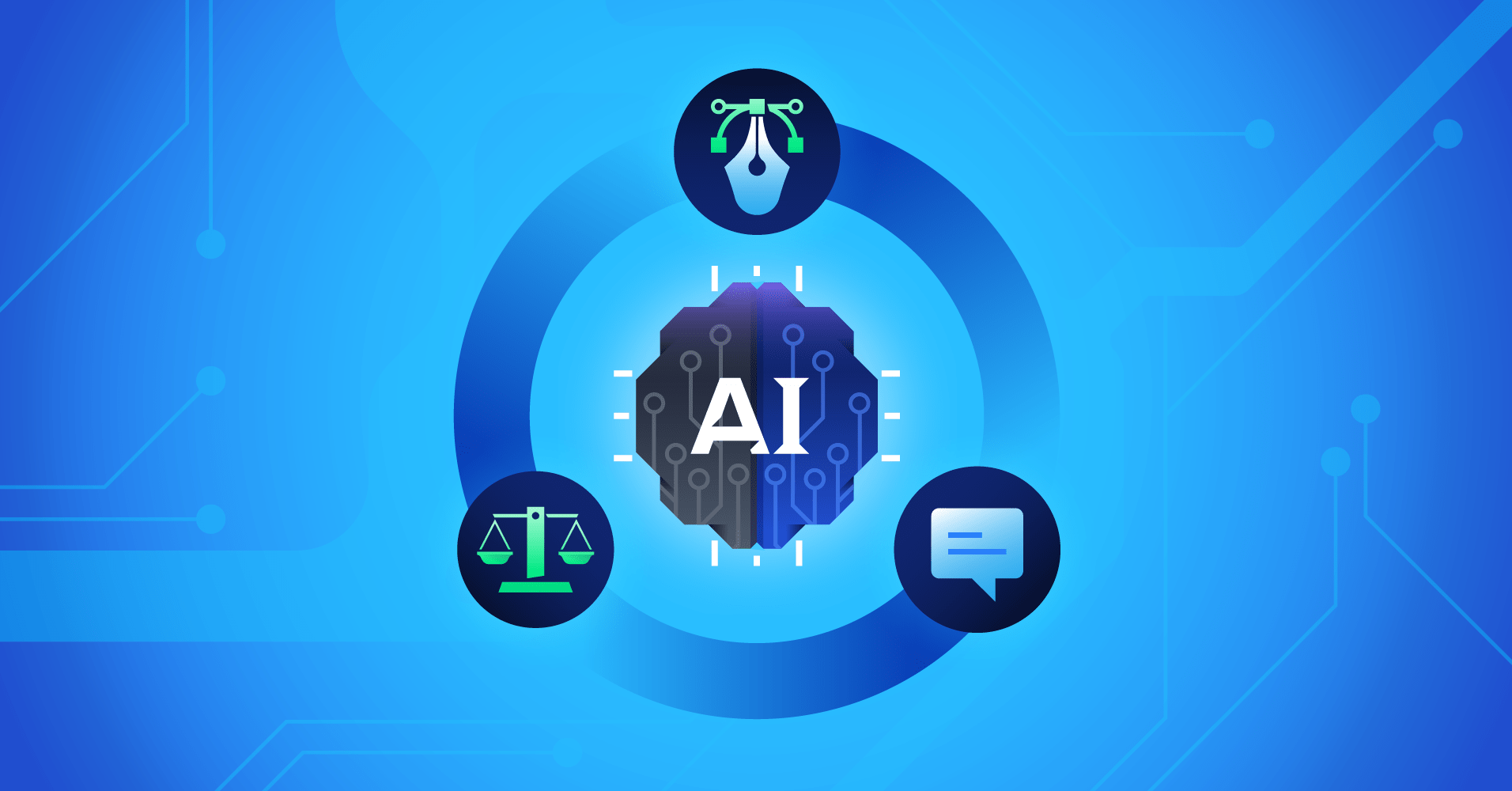
In the ever-evolving landscape of technology, Artificial Intelligence (AI) stands as a monumental achievement, showcasing the prowess of human innovation. However, as we delve deeper into the realms of AI, the ethical considerations surrounding its integration into our daily lives become increasingly crucial.
This article explores the intricate interplay between the human experience and AI, shedding light on the ethical dimensions that demand our careful consideration.
Understanding Artificial Intelligence
Before we delve into the ethical considerations, it's imperative to grasp the essence of AI. Artificial Intelligence refers to the simulation of human intelligence in machines, allowing them to perform tasks that typically require human intelligence, such as learning, problem-solving, and language understanding. This broad definition encompasses various subfields, including machine learning, natural language processing, and robotics.
The Rise of AI in Everyday Life
As AI continues to advance, its presence in our daily lives becomes more pronounced. From virtual assistants like Siri and Alexa to predictive algorithms shaping our online experiences, AI is omnipresent. This proliferation raises fundamental questions about how AI aligns with our values and societal norms.
Ethical Considerations in AI Development
Transparency and Accountability
One of the primary ethical considerations in AI development revolves around transparency. As AI algorithms make decisions that impact individuals, the lack of transparency can lead to distrust. Developers must prioritize transparency, ensuring that the inner workings of AI systems are comprehensible and accountable.
Bias and Fairness
AI algorithms, often trained on historical data, can inadvertently perpetuate societal biases. Recognizing and addressing these biases is crucial to prevent AI systems from reinforcing existing inequalities. Striving for fairness in AI development is essential for creating an inclusive and just technological landscape.
Privacy Concerns
The widespread use of AI raises significant privacy concerns. As AI systems process vast amounts of personal data, safeguarding individuals' privacy becomes paramount. Striking a balance between innovation and privacy protection is a delicate yet vital aspect of ethical AI development.
AI in Healthcare: Balancing Innovation and Ethics
The healthcare sector presents a compelling arena for AI applications, from diagnostic tools to personalized treatment plans. While the potential for innovation is immense, ethical considerations must guide the integration of AI into healthcare practices.
Patient Consent and Autonomy
Ensuring informed consent and respecting patient autonomy are ethical cornerstones in healthcare. When AI is involved in medical decision-making, clear communication and transparency become pivotal. Patients should have a thorough understanding of how AI contributes to their healthcare journey.
Data Security and Confidentiality
The sensitive nature of healthcare data necessitates robust security measures. AI systems must adhere to stringent data protection protocols to safeguard patient confidentiality. Striking a delicate balance between utilizing data for medical advancements and protecting individual privacy is a critical ethical challenge.
AI in Education: Shaping the Future Ethically
In the realm of education, AI holds promise for personalized learning experiences and improved educational outcomes. However, ethical considerations must guide the integration of AI in educational settings.
Equitable Access to Education
AI has the potential to bridge educational gaps and provide personalized support. Ensuring equitable access to AI-driven educational resources is vital to prevent the exacerbation of existing disparities. Ethical AI in education should prioritize inclusivity and equal opportunities for all students.
Teacher-AI Collaboration
The integration of AI in education should be seen as a collaborative effort between teachers and technology. Striking a balance between AI-driven insights and the expertise of educators is essential to maintain the human touch in education while leveraging the benefits of technological advancements.
The Road Ahead: Navigating the Ethical Landscape
As we navigate the evolving landscape of AI, ethical considerations should serve as our compass. Striking a balance between technological innovation and ethical responsibility is paramount for a harmonious coexistence of AI and humanity.
Continuous dialogue, interdisciplinary collaboration, and a commitment to ethical frameworks will shape a future where AI enhances our lives responsibly.


